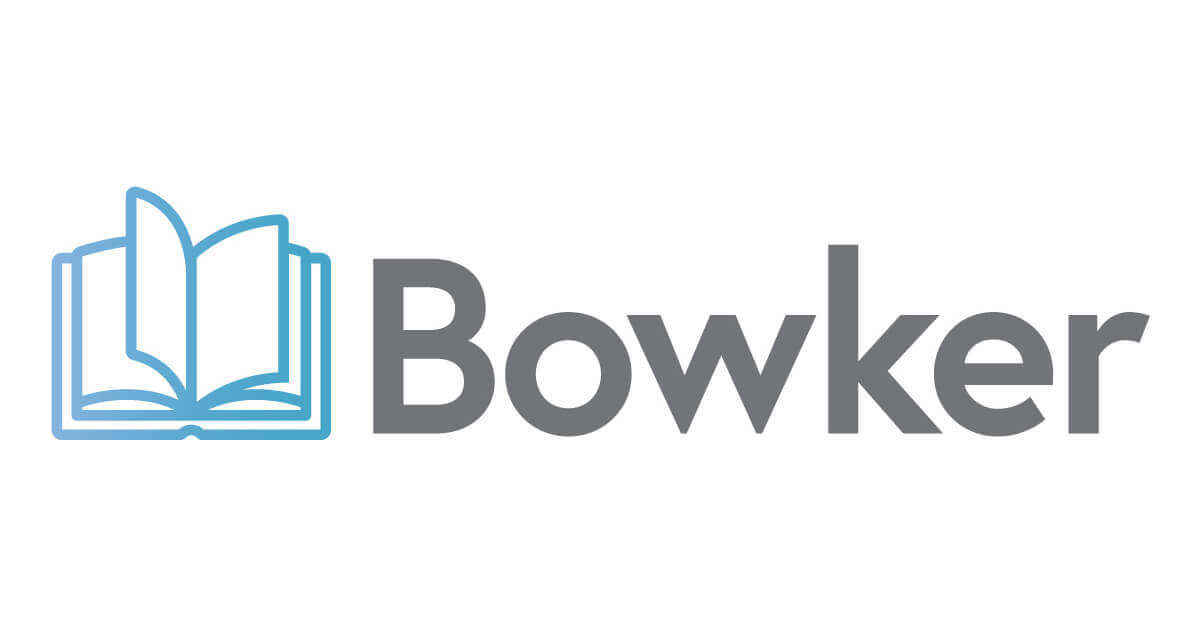E-books are growing in popularity since they’re easily accessible and cheaper, and many titles are available for free online. People read them on their smartphones, tablets, and computers in their free time. Does it mean that paper books will become obsolete? Let’s discuss the concerning factors.
Sharing knowledge in written form has been an essential part of our society in the form of clay tablets, hieroglyphics, the Phoenician alphabet, and Chinese scrolls. The only thing that changed is our form of reading. Print books continue to dominate the global book market, generating over $64.35 billion in revenue in 2023, a 2.24% increase over 2022. It’s also worth noting that Gen Z prefers print books.
There are various reasons why physical books remain essential, whether you’re a professional researcher, an academic student, or an avid reader. They are critical when it comes to education and work.
Research studies have proved that students prefer physical books for studying. Reading from an electronic device is strenuous and causes screen fatigue. On the other hand, we can use physical books continuously without any significant problems.
The digital era has brought forward essential changes in various industries. You can imagine video tapes, cassettes, CDs, DVDs, and VCRs becoming obsolete due to the advancement of technology. However, it is impossible to think the same for physical books.
In 1993, Peter James published the first virtual novel ‘Host’ on two floppy disks. During that time, journalists and publications ridiculed him for his folly idea. He stated that e-books would become enjoyable as long as they could become easily accessible.
Years later, Amazon released the first Kindle device in 2007, and the publishers felt a shiver down their spines. They sold e-books cheaply and quickly caught up to physical books but failed to dominate them. The only significant advantage of e-books was their convenience. You could travel around with an entire library of collections on your device but face limitations with physical books.
Moreover, research studies have proved that our brains comprehend material on paper better than digital devices. We were genetically designed for vision and language but not for reading. However, we learned to adapt from the information shared since ancient times. Our brains built new circuits to understand alphabets and texts.
We read books in a linear format, one page at a time. On the other hand, reading e-books impacts our ability to maintain focus or comprehend information. The ability to immerse oneself in stories has changed drastically. As such, paper books continue to be immersive, while e-books can become distracting. Minor movements such as swiping, pop-up ads, lighting, and other factors affect how we comprehend e-books.
So, will paper books become obsolete? Not entirely, at least not for another 100 years or more. Physical books have a different appeal in terms of aesthetic and artisan value. They have the benefit of being tangible that can entice our sense of touch, weight, and smell.
Well-made hardcover books can last hundreds of years and become antique or collectible. The U.S. market continues to prefer print books, with 788.7 million units sold in 2022. Paper books cannot die any time soon, even if they face severe competition from e-books.
There will always be bookworms, faithful readers, and art connoisseurs who prefer physical books, even if they’re a limited audience. Owning a beautiful hardback book is equivalent to an original painting for them. We should follow their love for books and ensure that paper books remain a milestone for our intellectual development. The best way we can achieve it is by creating a Bi-literate society valuing both the printed word and the digital library.
Navkiran Dhaliwal is a seasoned content writer with 10+ years of experience. When she's not writing, she can be found cooking up a storm or spending time with her dog, Rain.


